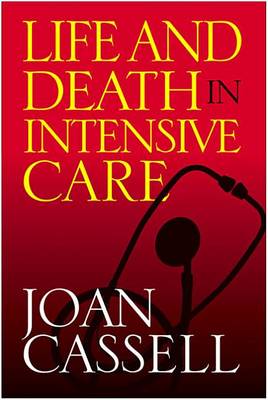American Civilization
1 total work
In early nineteenth-century Pennsylvania widows comprised 10 per cent of the female population. Most never remarried. Lisa Wilson traces the experiences of widows in a society that imposed an ideology of proper female behavior. She challenges the common portrayal of widows as helpless women, unable to fend for themselves or their families. In lieu of their husbands, widows appeared in court, wrote wills, and conducted business transactions, despite the constraints of femininity. Using novels, advice literature, wills, probate records, and diaries to explore the lives of widows during this period, Wilson alters our understanding of the diversity of women's experiences and casts doubt on the "separate spheres" explanation of gender roles. The focus of this study, Chester and Philadelphia counties between 1750 and 1850, provides a backdrop from which many classes of widowed women can be observed.
Wilson contends that, despite the dictates of their gender, many women were, in fact, partners rather than dependents of their husbands and, while carrying on business activities outside the home challenged prevailing ideas of femininity, for a widow, this concern was secondary to the often pressing needs of her family. Author note: Lisa Wilson is Assistant Professor of History at Connecticut College.
Wilson contends that, despite the dictates of their gender, many women were, in fact, partners rather than dependents of their husbands and, while carrying on business activities outside the home challenged prevailing ideas of femininity, for a widow, this concern was secondary to the often pressing needs of her family. Author note: Lisa Wilson is Assistant Professor of History at Connecticut College.
